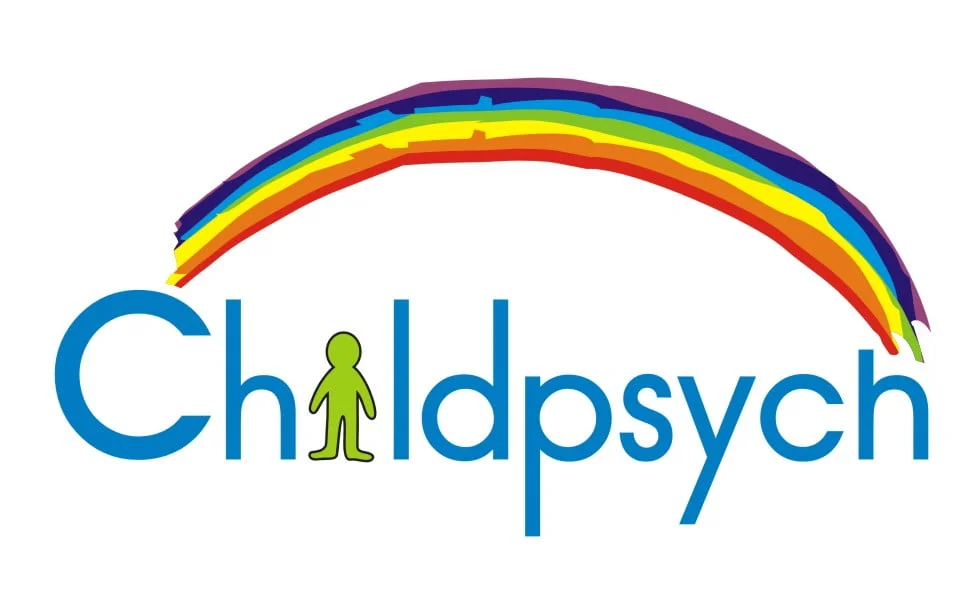
I’ve noticed a very interesting trend in my practice in recent years. Often children – specifically boys – will present with symptoms associated with Attention Deficit Disorder (ADD) such as distractibility, impulsivity, fidgetiness, lapses in concentration, etc. as well as difficulties in reading. During the background interview the parents will usually note that the boy’s father (or another male relative) was diagnosed with Dyslexia as a child. Once I start listing the symptoms of ADD, the father will note that he (or previously mentioned male relative) also experiences difficulties with concentration.
Now, while it is absolutely possible for ADD and Dyslexia to co-occur, I have often hypothesised that these fathers / male relatives actually suffered from ADD as children and NOT from Dyslexia – but were diagnosed with Dyslexia as ADD was largely still unknown.
Why would ADD affect reading in boys, but not have a significant impact on their maths abilities you may ask? Well, in general girls naturally fare better in reading and language skills than boys do, while boys tend to have a natural feel for Maths. Concentration difficulties are usually most apparent in those subjects and tasks that children find less enjoyable or difficult. Thus, when a young boy has a concentration difficulty it is most likely to affect his literacy development (as boys have to work harder in this area) while they will be able to concentrate somewhat better in Maths – a subject they generally find easy and enjoy. Similarly, I often find that girls with ADD also presents with difficulties in Maths, while their reading and spelling skills develop normally.
If your child presents with symptoms such as distractibility or lapses in concentration as well as a difficulty in reading – it is highly recommended that you have him (or her) assessed by an Educational Psychologist in order to determine whether they may be suffering from Dyslexia or ADD or both.



